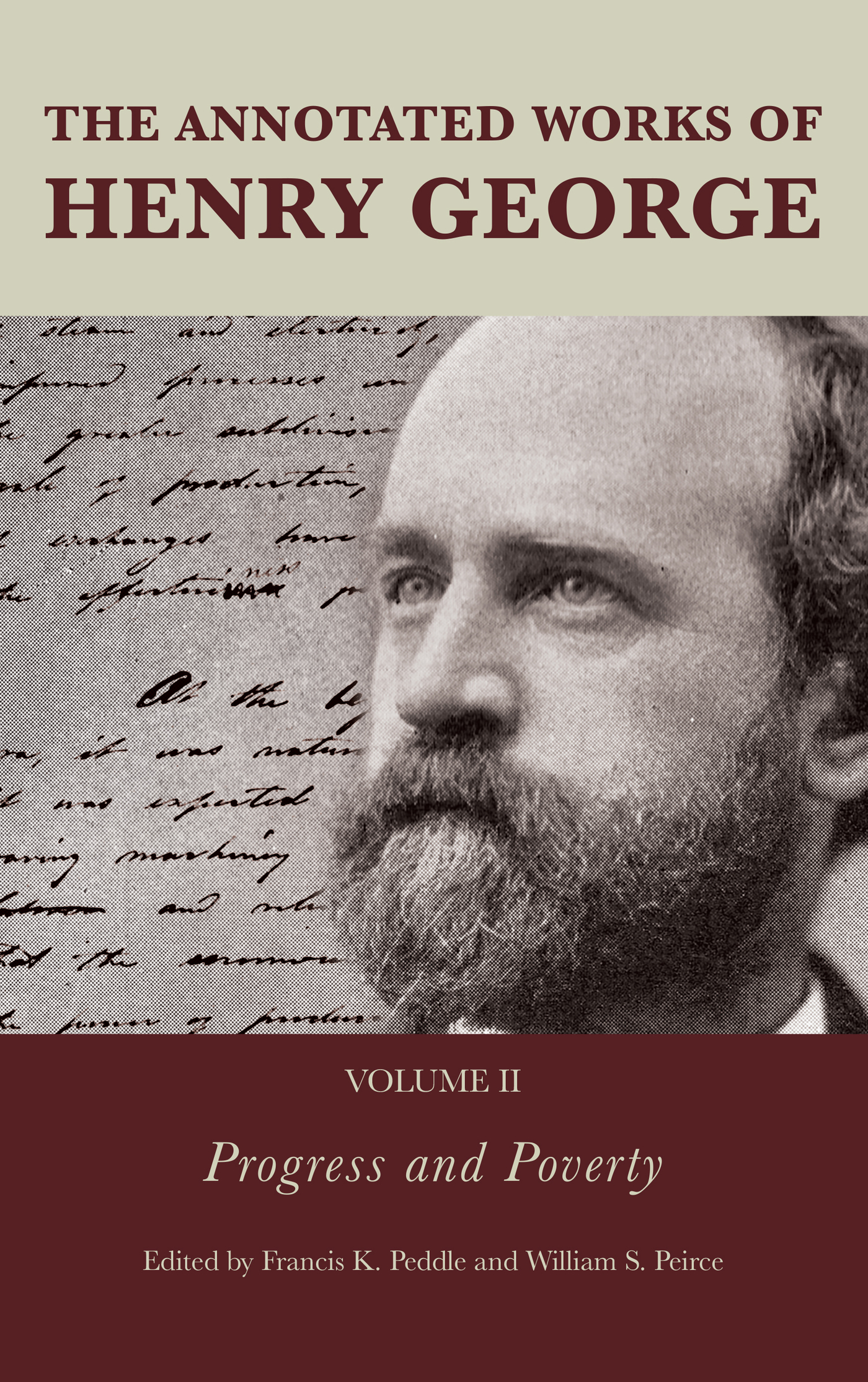Alexandra W. Lough - The Annotated Works of Henry George: Progress and Poverty
Here you can read online Alexandra W. Lough - The Annotated Works of Henry George: Progress and Poverty full text of the book (entire story) in english for free. Download pdf and epub, get meaning, cover and reviews about this ebook. year: 2017, publisher: Fairleigh Dickinson University Press, genre: Science. Description of the work, (preface) as well as reviews are available. Best literature library LitArk.com created for fans of good reading and offers a wide selection of genres:
Romance novel
Science fiction
Adventure
Detective
Science
History
Home and family
Prose
Art
Politics
Computer
Non-fiction
Religion
Business
Children
Humor
Choose a favorite category and find really read worthwhile books. Enjoy immersion in the world of imagination, feel the emotions of the characters or learn something new for yourself, make an fascinating discovery.
- Book:The Annotated Works of Henry George: Progress and Poverty
- Author:
- Publisher:Fairleigh Dickinson University Press
- Genre:
- Year:2017
- Rating:3 / 5
- Favourites:Add to favourites
- Your mark:
The Annotated Works of Henry George: Progress and Poverty: summary, description and annotation
We offer to read an annotation, description, summary or preface (depends on what the author of the book "The Annotated Works of Henry George: Progress and Poverty" wrote himself). If you haven't found the necessary information about the book — write in the comments, we will try to find it.
Volume II of this series presents the unabridged text of Progress and Poverty, arguably the most influential work of Henry George. The original text is supplemented by notes which explain the changes George made during his lifetime and the many references he made to history, literature, economics, and public policy. A new index augments accessibility to the text and key terms. The introductory essay, The Rhetoric and the Remedy, by series co-editor William S. Peirce, provides an overview of the historical context for Georges philosophy of economics and summarizes the argument of Progress and Poverty within the framework of the economic theories of his day. It then looks at some of the early reactions by leading economists and opinion makers to Georges fervent and eloquent call for economic justice.
Henry George wrote Progress and Poverty in order to identify and resolve the great paradox of modern industrial life. How was it possible for abject poverty, financial instability, and extreme economic inequality to co-exist with rising productivity and technological progress? He analyzed and rejected the widely held beliefs that poverty inevitably followed from the laws of economics or from a Darwinian struggle for survival of the fittest. George concluded that at the heart of this dilemma was how society treated natural resources, especially urban land. He did not succumb to the panacea of arbitrarily confiscating property or taking from the rich to give to the poor. George argued that taxes on productive labor and capital should be drastically reduced. His sovereign remedy declared that public goods could be adequately funded from the returns to land and other natural resources. The activities of society as a whole give land its value. It is therefore both equitable and efficient for the community to tax or recapture land values to support the activities of government.
Alexandra W. Lough: author's other books
Who wrote The Annotated Works of Henry George: Progress and Poverty? Find out the surname, the name of the author of the book and a list of all author's works by series.

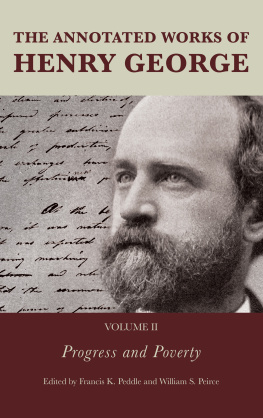

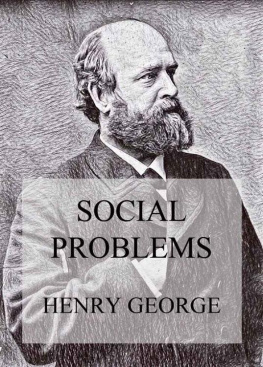

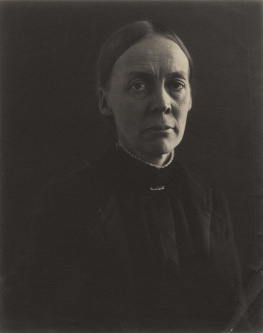

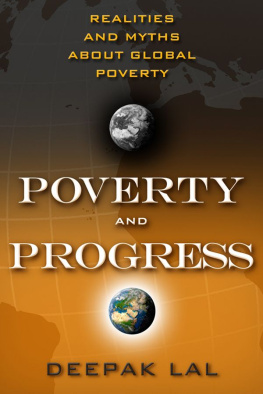
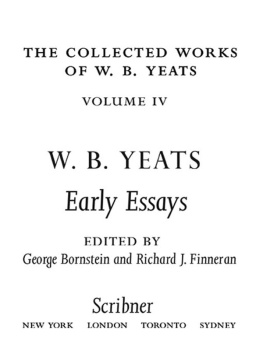
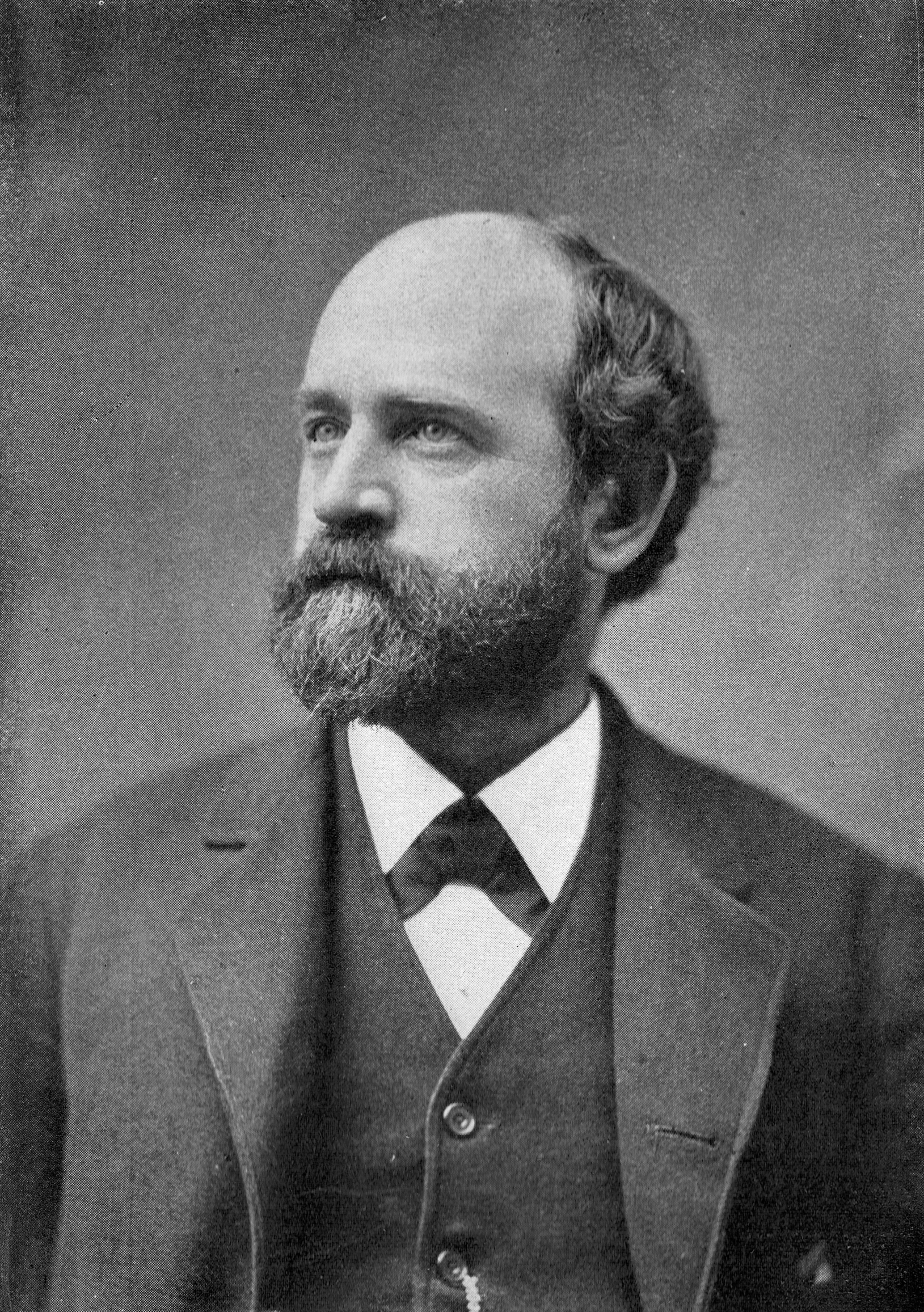

 TM The paper used in this publication meets the minimum requirements of American National Standard for Information Sciences Permanence of Paper for Printed Library Materials, ANSI/NISO Z39.48-1992.
TM The paper used in this publication meets the minimum requirements of American National Standard for Information Sciences Permanence of Paper for Printed Library Materials, ANSI/NISO Z39.48-1992.